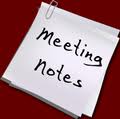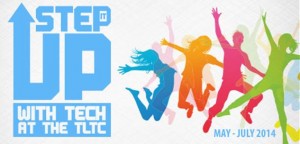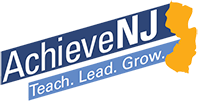 While there was not an official curriculum redesign meeting, a portion of the EDST department meeting was dedicated to content relevant to the curriculum revision work.
While there was not an official curriculum redesign meeting, a portion of the EDST department meeting was dedicated to content relevant to the curriculum revision work.
Dean May provided an overview and information that Genesis, the  student data management company, is going to enter into a long term arrangement with CEHS. All students and faculty in the EDST department will have access to the data sandbox that was developed on a trial basis for use this past Spring semester. We are contacting Genesis about coming to campus on Monday, June 23rd for a more in depth training and look at the data available. This is the same date as Pirate Adventure.
student data management company, is going to enter into a long term arrangement with CEHS. All students and faculty in the EDST department will have access to the data sandbox that was developed on a trial basis for use this past Spring semester. We are contacting Genesis about coming to campus on Monday, June 23rd for a more in depth training and look at the data available. This is the same date as Pirate Adventure.
A large amount of time was dedicated to discussing and looking at the feedback from the ESED and SCED focus groups that took place at the end of the Spring 2014 semester. The PowerPoint presentation was distributed by the dean via email after the meeting. Dates for development of both short and long term goals for both programs were also communicated via email.
 As part of the development of short term goals, the dean communicated the missing pieces for the Pass-Port portals to be developed for the Fall 2014 semester. This included items for ESED Portals 1, 2 and 3 and SCED Portals 1 and 2. Rubrics and assessments need to be completed by June 15.
As part of the development of short term goals, the dean communicated the missing pieces for the Pass-Port portals to be developed for the Fall 2014 semester. This included items for ESED Portals 1, 2 and 3 and SCED Portals 1 and 2. Rubrics and assessments need to be completed by June 15.
The remainder of the meeting focused on EDST department business. Enjoy the activities and events related to commencement this weekend. We are looking forward to a productive summer and a great start to the Fall semester!



